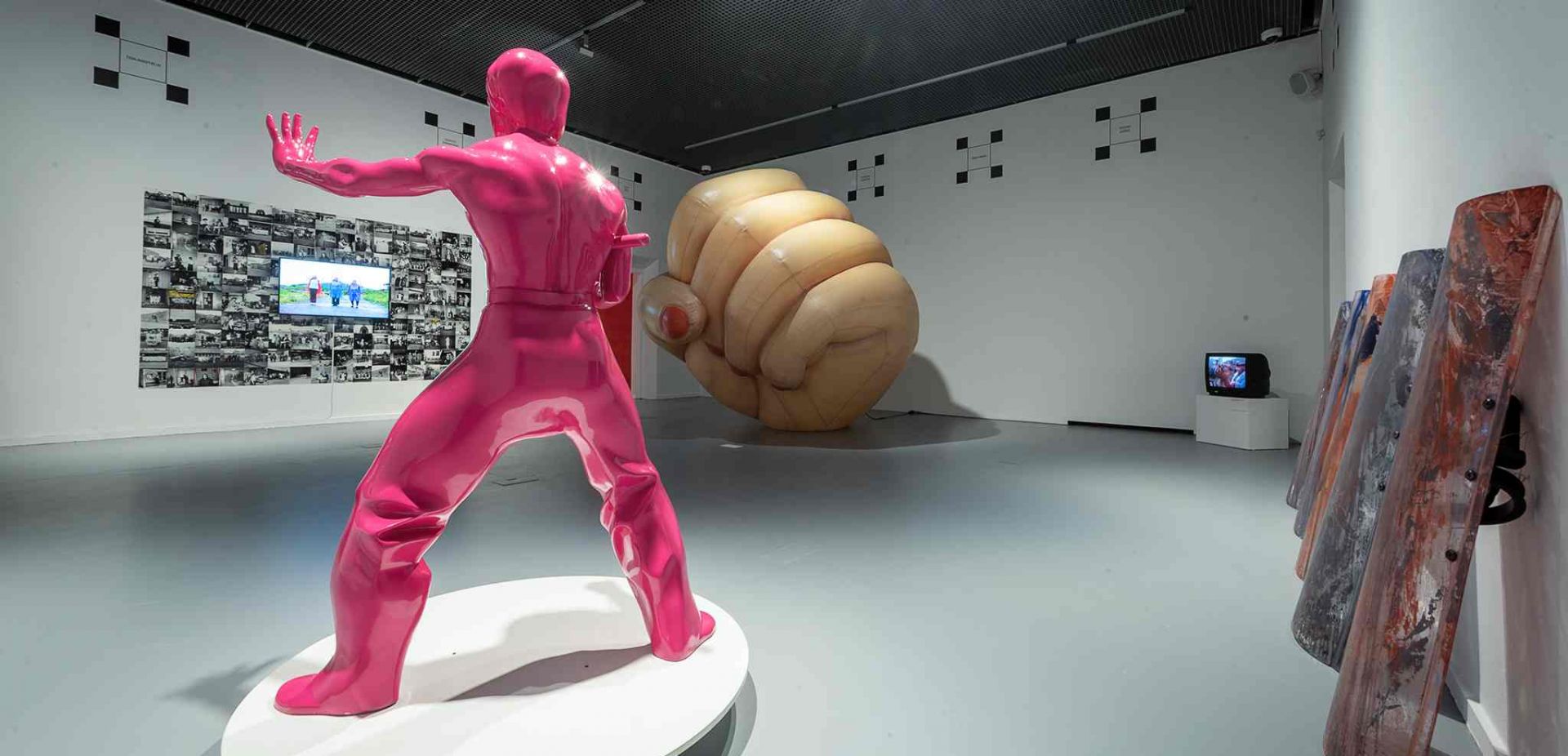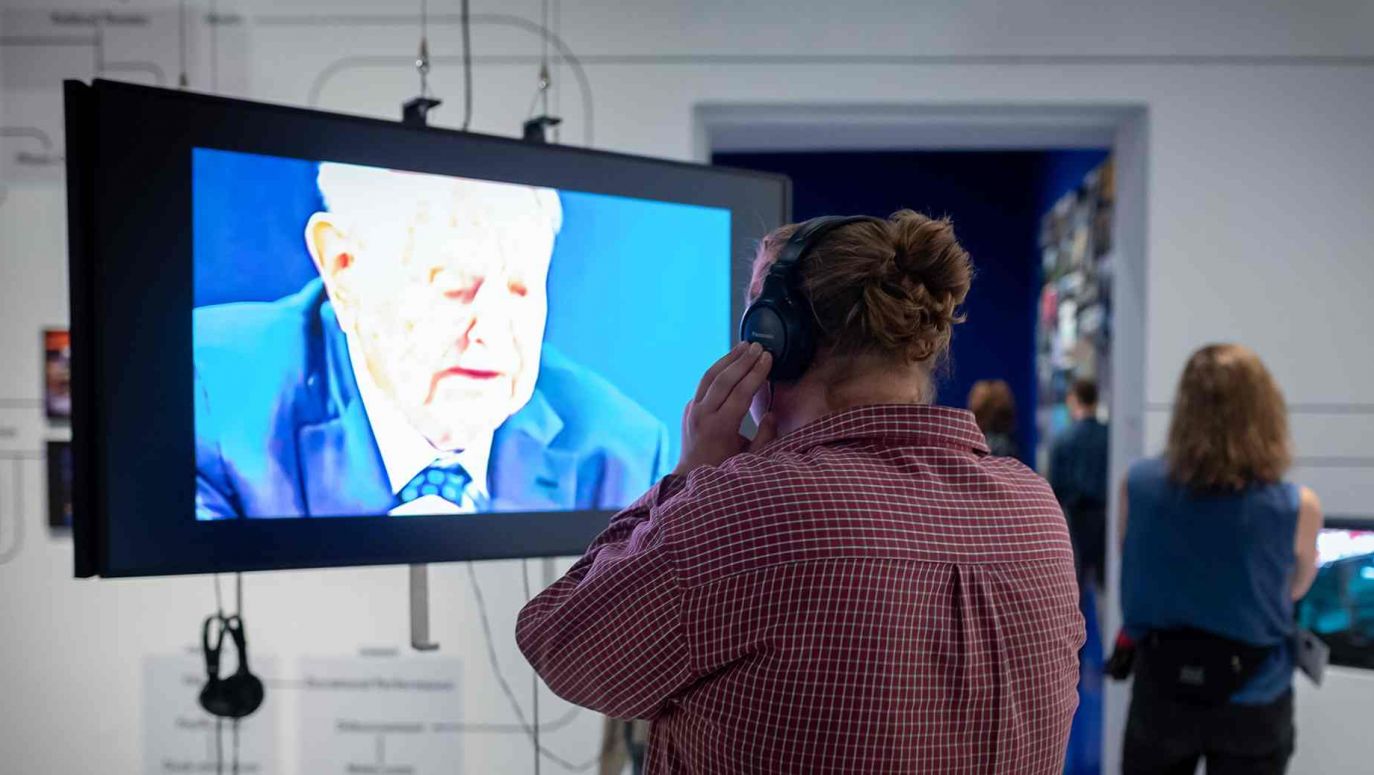Serbian art theorist Miško Šuvaković formulated the term 'Soros realism'. This concept refers to the word cluster 'socialist realism'. Just as during the Stalinist period, art was supposed to affirm the hardships of working people in cities and the countryside, in the 1990s, its mission became to promote the concept of an 'open society' by, for example, highlighting the problems of groups considered to be oppressed minorities. Except that while the weapon of socialist realism was pathos, in 'Soros realism' - a phenomenon characteristic of postmodernism - we are dealing with means such as irony.
While the SCCAs promoted local distinctiveness, they also treated it instrumentally. Diversity was celebrated and even fetishised, but in such a way that individual identities were not made subject to the rules. Obviously, this does not involve censorship practices, but a variety of sophisticated procedures, such as the promotion of specific themes by curators.
One might conclude that, paradoxically, Soros - an icon of liberalism - has reworked the lessons of the Italian communist thinker of the first half of the 20th century, Antonio Gramsci, who posited the primacy of the cultural hegemony of the left over the revolutionary struggle. Fact, art is a powerful weapon, especially when it comes to winning over fussy intellectual elites.
At the same time, the demand for critical thinking put forward by Soros is a double-edged sword. By pursuing it, one can challenge the authority and those for whom the concept of an 'open society' is a tool of manipulation.
– Filip Memches
-translated by Tomasz Krzyżanowski
TVP WEEKLY. Editorial team and jornalists
The "Influencing Machine" exhibition runs from 24 June to 6 November 2022, curated by Aaron Moulton, Ujazdowski Castle Centre for Contemporary Art in Warsaw
Sources:
Karolina Łabowicz-Dymanus 'Synchronisation in the Network: Soros Contemporary Art Centres - four models: Budapest, Kiev, Tallinn, Warsaw', Institute of Art of the Polish Academy of Sciences, 2016 






